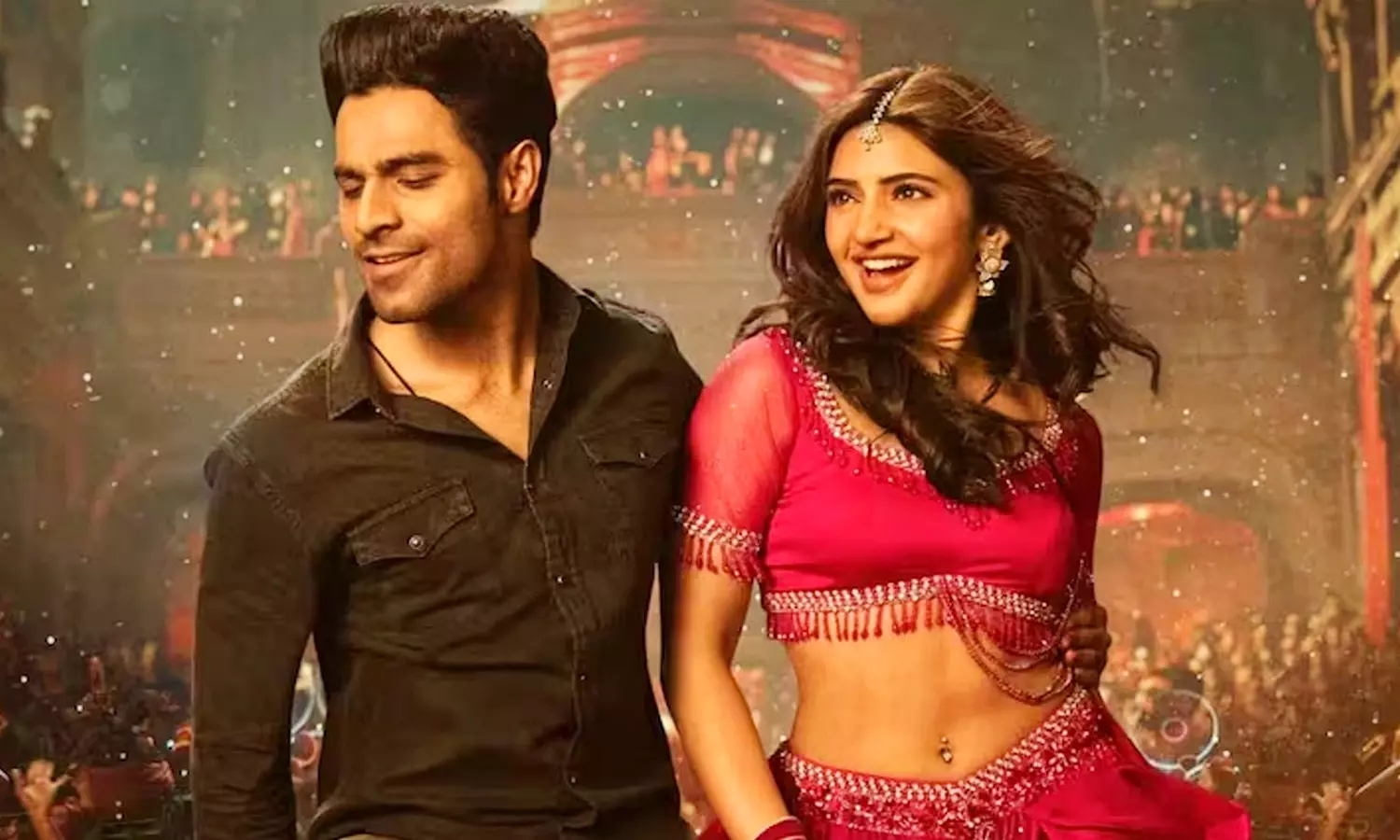Dr. B.R. Ambedkar College of Law and Centre for Study of Social Inclusion (CSSI), Andhra University (AU), jointly organised a sensitisation programme on ‘Social Justice for Viksit Bharat 2047: Contemporary Reflections’, here on Thursday to commemorate ‘World Day of Social Justice’.
The law college emeritus professor V. Rajya Lakshmi, delivering the keynote address, stated that the UN General Assembly declared in 2007 that February 20 be observed as World Social Justice Day. She added that marginalisation and lack of social justice could be both intra-national as well as international.
Further, she said that the five major principles of social justice, namely, access to resources, equity, participation, respect for diversity and human rights enjoyment, are the crucial components of social justice.
Law college assistant professor K. Pallavi explained how social justice is protecting the three elements for social justice — liberty, equality and fraternity. She noted that social justice is the basic structure of Constitution and referred to the pertinent Supreme Court judgment in Kesavananda Bharati.
N.B. Chandra Kala, adjunct professor, in her address, stated that the Indian Government has made significant strides through affirmative action policies in education and public employment aimed at empowering marginalised communities. She referred to Maneka Gandhi, S.R. Bommai, and Mohini Jain judgments. She also referred to climate and environmental justice in relation to social justice.
Presiding over the programme, the law college principal K. Sita Manikyam said that there are several instances of social injustice done to the disadvantaged groups such as disabled persons, sexual minorities and observed that the concept of social justice is the core principle of Constitution, and referred to some of the laws ensuring social justice for the disadvantaged sections.
CSSI director P. Subba Rao explained about the sensitisation programme and mentioned the economic disparities, educational inequalities, gender injustice faced by the oppressed sections. A developed India cannot be an unequal India, it must be a just, inclusive and sustainable society, where the poorest child has access to the same education as the richest, a woman in a village has the same opportunities as a corporate leader and every tribal, Dalit or marginalised individual feels equal, empowered and respected.
Published – February 20, 2025 07:27 pm IST






